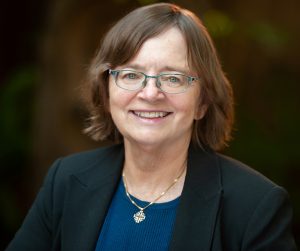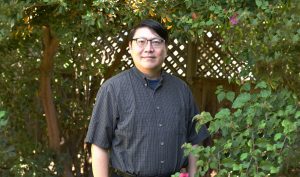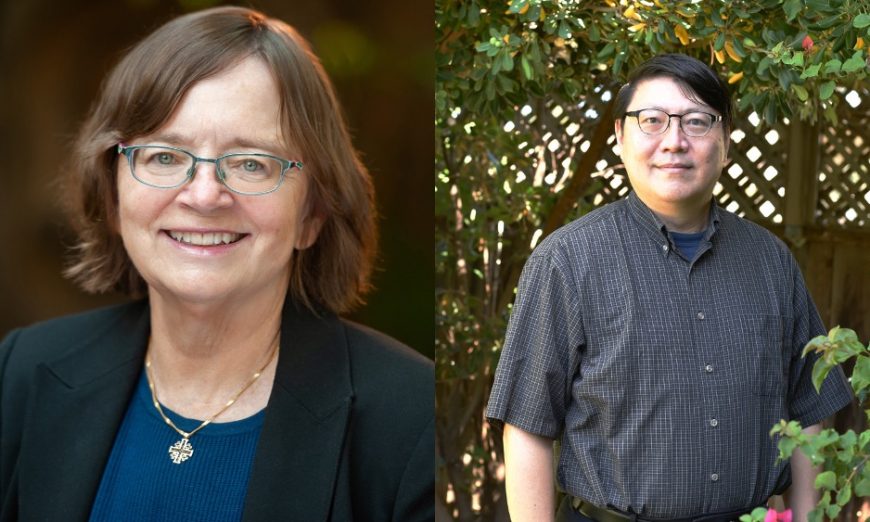We invited all Santa Clara City Council candidates to speak directly to the voters through The Weekly’s print publication and on the Silicon Valley Voice website. If you don’t know what District you’re in, please check the City’s District map on their website.
Candidates had a week to reply. We asked candidates to answer the following questions in 100 words or less:
- What’s your position regarding the City’s continued appeal of the voting rights lawsuit it lost in 2018 and what course of action would you advocate for?
- What do you think is the City’s major challenge and how would you address it?
- What do you think is the major challenge in your district and how would you address it?
- What is your view of Santa Clara’s current Council dynamics?
- What’s the first motion you would make as a Councilmember?
Here are the candidates’ answers, unedited. We note candidates who chose not to respond.
Teresa O’Neill

- Currently, with the City’s legal expenses paid, strategically, there is no benefit to withdrawing from the appeal. After Santa Monica’s favorable CVRA appeal, we may have a result that clarifies application of CVRA and the lower court ruling. I have been asking for changes in Santa Clara School and City elections since 2005 and have heard a couple current candidates express preference for a different model. With a higher court opinion, we will have more definitive direction. While I see the benefits of 6 districts, we might achieve more diversity through a different election method, if that is the primary goal.
- Our primary focus during the next few years must be to manage the ongoing financial fallout of Covid-19, with its devastating economic impacts. This includes doing everything we can to protect vulnerable Santa Clara residents and small businesses, in addition to preserving essential city services. This will require budget discipline, judicious use of reserves, and creative approaches to growing revenues. Everyone, community, businesses, city employees, and council, must participate in the solution.
- The inadequacy of our transportation system is a major source of frustration and is caused by a number of factors, including decades of bad planning, locations of employment versus residences, and over-reliance on cars. With our preponderance of non-manufacturing jobs, we need more mixed-use areas, preferably close to transit. All roadways should have dedicated lanes for buses and shuttles. Implementing our new bike, pedestrian, and trail plans will provide safe routes to get people out of cars. We should pilot a variety of means to take short trips for errands or to connect to transit, including e-bikes.
- We are fortunate to have a Council with members who are passionate about Santa Clara. Most have strong opinions about the best solutions to our challenges and opportunities, which sometimes are quite different. As long as people can be polite and considerate, I think it is good to have meaningful debate on important topics, if the focus is on a productive end result. Often, the decision is stronger, more effective when it is the product of different ideas. That is part of the value of diversity and inclusion. Most of our votes, including key decisions in closed session, are unanimous.
- I will pursue several policy areas, including public benefit and community outreach policies for development, stronger Climate Action Plan, tree ordinance, incubating and supporting small businesses, viable plan for the Downtown, new means for residents to have an expanded role in governing, and new ways to pay for park, recreation, and library facilities residents deserve. Aligning with our major challenge, my first motion would be for a thorough, in-depth midyear review of all City budgets to determine the scope of revenue and expense variances and amendments required to ensure the City ends the fiscal year without depleting reserves.
Kevin Park

- The appeal is a waste of city time and money. The council unilaterally decided to fight the lawsuit, support repressive ballot measures, and then appeal the judgment and support another repressive ballot measure after it lost — all while claiming to support minority representation and doing nothing else to back that up. If they really want more equitable representation, legislate it. Stop the appeal and use the time, money, and effort to support real solutions, like better districts, more representational voting methods, and minority outreach. The appeal will roll back civil rights; backward is not the direction we need to go.
- City management is the center of every issue, and how we make decisions is a point of residential discontent. When council and staff directions minimize public input and waste millions of dollars and thousands of hours of time and effort, we sacrifice real improvement. Instead of fighting major decisions at the time of vote, the city could work with project partners in advance, hearing issues at informational sessions so that those ideas and concerns can get addressed without having to work them in at the last minute. This would give us better decisions, shorter council meetings, and more public voice.
- Some of the largest developments in the last decade brought in thousands of residents and increased loads on existing resources, while adding few amenities to account for that growth. The conditions of roads, shopping areas, and even Central Park itself has degraded, while retail is replaced with more housing and less commercial space. A balance of stores-to-people while increasing other amenities for the growing population directly affects quality of life and supports local businesses finding it increasingly difficult to survive in poorly-planned areas. I would create “community committees” to work local issues: schools, retail, safety, parks, parking, transportation, amongst others.
- The theatrics of council meetings are unamusing and counterproductive. A council majority intent on status quo and self-aggrandizement discourages true progress from being made. When major changes are initiated by residents and not the council, it shows disconnects between what people want and what the majority council is willing to provide. That we even have such a clearly-delineated group goes counter to representation, and when their decisions can be predicted prior to discussion, democracy itself is at stake. We need independents working as a team toward common goals defined by the people, for the people, putting their needs before all.
- If need be, I would move to drop the appeal to the CVRA lawsuit. If not, I would move to put together a committee to make recommendations toward systemic change that enhance representation for all members of Santa Clara, including minorities of all sorts: ethnic communities; businesses and day laborers; renters and the homeless as well as homeowners; and elderly and youth, amongst others. This would be an ongoing committee with both council-appointed and self-appointed members, perhaps even a council subcommittee with regular updates at council meetings. This would include input from the community committees alluded to earlier.






